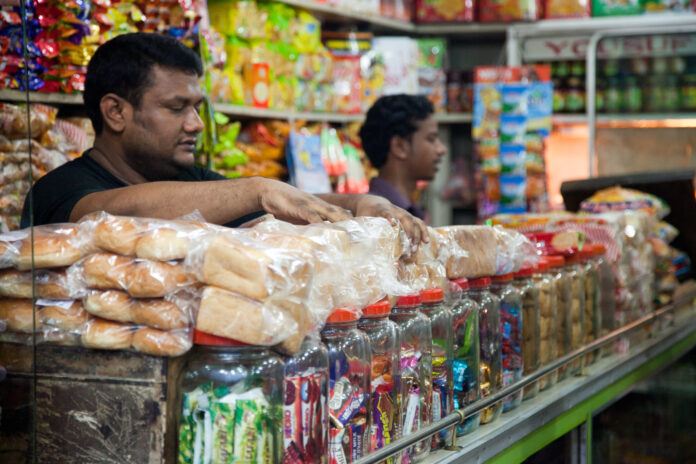During the recent quarter in the fast-moving consumer goods (FMCG) industry, there was a notable upsurge observed in the outreach of local players manufacturing various household essentials such as biscuits, soap, washing powder, and detergent. According to a report by The Economic Times (ET), these indigenous brands experienced a remarkable expansion, reaching 31% more households nationwide. This surge has raised concerns among senior executives in prominent consumer goods corporations, apprehensive about the resurgence of smaller brands and their potential influence on sales growth.
According to insights from Kantar, disclosed in the ET report, indigenous brands experienced notable expansion across various sectors. These local entities exhibited substantial growth, surging by 4% in laundry bars and a notable 13% in washing powder, surpassing the comparatively modest 0-3% growth observed among larger companies. The momentum continued in soap sales, with smaller companies achieving a robust 31% growth, overshadowing the meagre 2% increase reported by national brands. Similarly, within the biscuit segment, regional players demonstrated an impressive growth of 22%, surpassing the 10% growth attained by larger companies emphasising marketing strategies.
Varun Berry, the Managing Director of Britannia, engaged in a conversation with ET, highlighting the difficulties confronting well-established brands in terms of pricing and product volume when juxtaposed with their smaller counterparts. Berry underscored the substantial profit margins enjoyed by local players, allowing them to present aggressive discounts, thereby posing a substantial challenge to established brands.
Amid the pandemic, local players encountered severe challenges, forcing several to suspend operations temporarily. Nonetheless, a recent dip in commodity prices has paved the way for the resurgence of smaller regional brands. These brands have capitalised on the decline in commodity expenses, staging a robust return by widening their market presence and implementing price reductions. Recognizing this trend, the FMCG behemoth Unilever unveiled strategies to reduce prices in select product categories in India, leveraging the decline in commodity costs to bolster sales volumes and confront the rising competition from local players.
During Unilever’s third-quarter earnings call, Graeme Pitkethly, the Chief Financial Officer, emphasised the challenges posed by volatile commodity prices and the resurgence of local competition. He underscored the necessity for pricing adaptations to preserve competitiveness and safeguard market positions. In recent years, the stronghold of leading consumer product companies in segments like soaps, detergents, hair oil, tea, and biscuits has been gradually challenged by the steady encroachment of local brands. This trend is vividly illustrated in the rusk market, where an estimated 2,500 local players coexist alongside more than 3,000 smaller or regional competitors, collectively seizing a significant 40% stake in the snacking segment.
In the midst of the revival of smaller and regional brands in the market, Hindustan Unilever, the foremost consumer products company in India, maintains a vigilant stance as it navigates the ever-evolving competitive landscape within the FMCG sector.




































